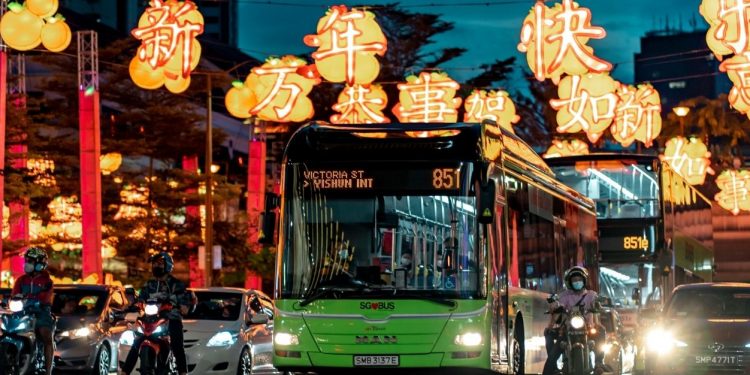Chinese New Year is nearly upon us – bring on the festivities! However, as you’re well aware, things are a little different this year.
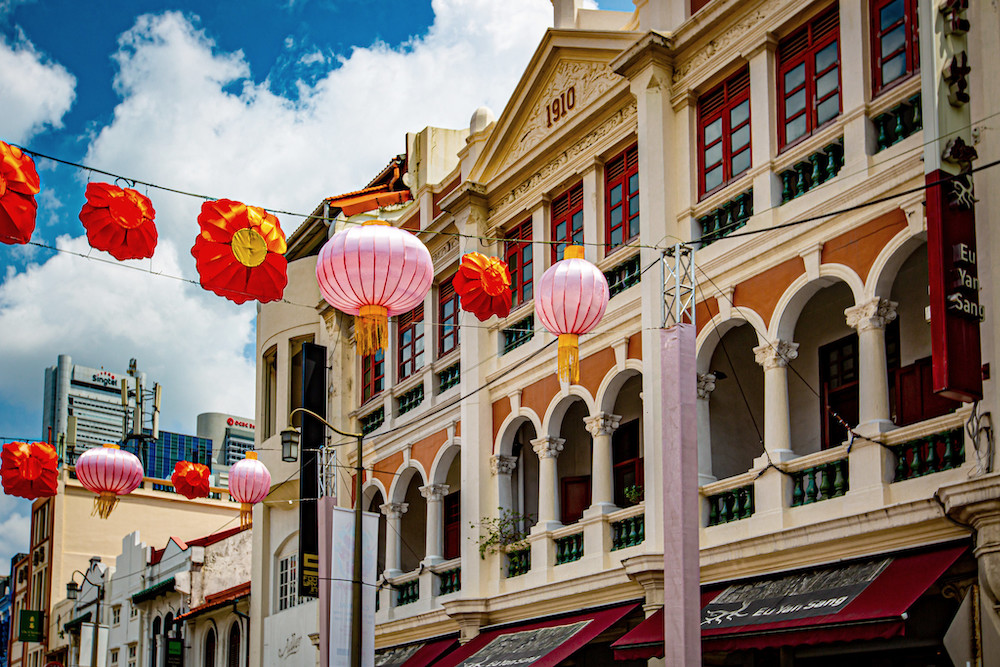
Don’t let the unusual circumstances dampen the mood; arm yourself with this guide of do’s and don’ts to ensure that everything goes smoothly:
Visiting of households
Coordination of guests
Each household is only allowed to entertain up to eight visitors per day – and yes, this applies to the Chinese New Year period as well. This has created quite the logistical headache for large families, who had to scramble to organise themselves.
One way to do this is by creating a Google excel sheet, which can be accessed via a link. Send this link in your family group chat, and ask your relatives to indicate which day they’re intending to visit which household.
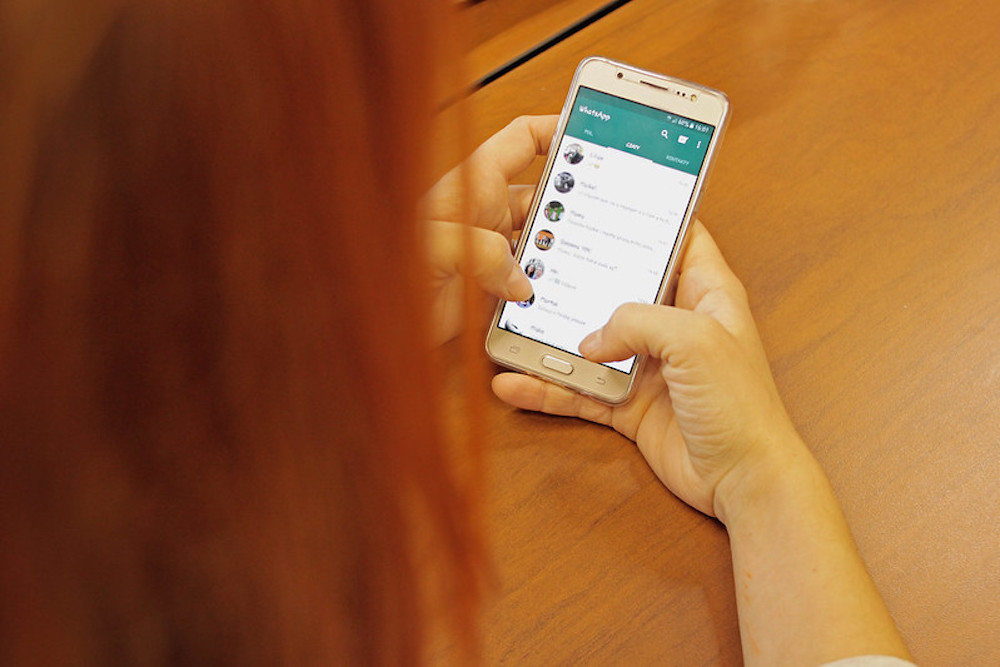
Your family can choose to do this on a first-come-first-serve basis, or based on age, i.e. the aunts and uncles can visit on days 1 and 2, followed by the grandchildren on other days. This excel sheet can be edited on the go, and can be accessed in real-time, making planning a tad easier! Alternatively, creating a list in WhatsApp might work too, at the risk of the list being lost in ongoing conversations.
READ: How to Make the Most Out of the Upcoming Chinese New Year
Layout of goodies

During previous Chinese New Years, every household that my family and I visited would lay out an entire table of delectable goodies. Love letters, bak kwa, pineapple tarts… you name it, it’d be there! This year, however, experts warn against households doing so.
Similar to buffets at restaurants, such a communal spread might encourage virus transmission, if any. Not only will the common serving utensils be touched by whoever visits, those that talk over the food will also emit droplets that will land on the food items.
Professor Teo Yik Ying, dean of the Saw Swee Hock School of Public Health at the National University of Singapore, also suggests that antiseptic wipes can be handed out – together with the customary oranges! – to each guest. Offering each guest squirts of hand sanitiser works too!
READ: Delectable Festive Treats to Share with Your 8 Visitors This Chinese New Year
General environment
With Singapore’s high levels of humidity, many households turn to air-conditioning to combat the heat. This year, however, it would be best to switch off the air-conditioning, and use the fan for better ventilation.
Masks should also stay on at all times, even when tossing the yusheng. Guests should also refrain from shouting auspicious phrases as each ingredient is added; download this app instead that will do the job for you!
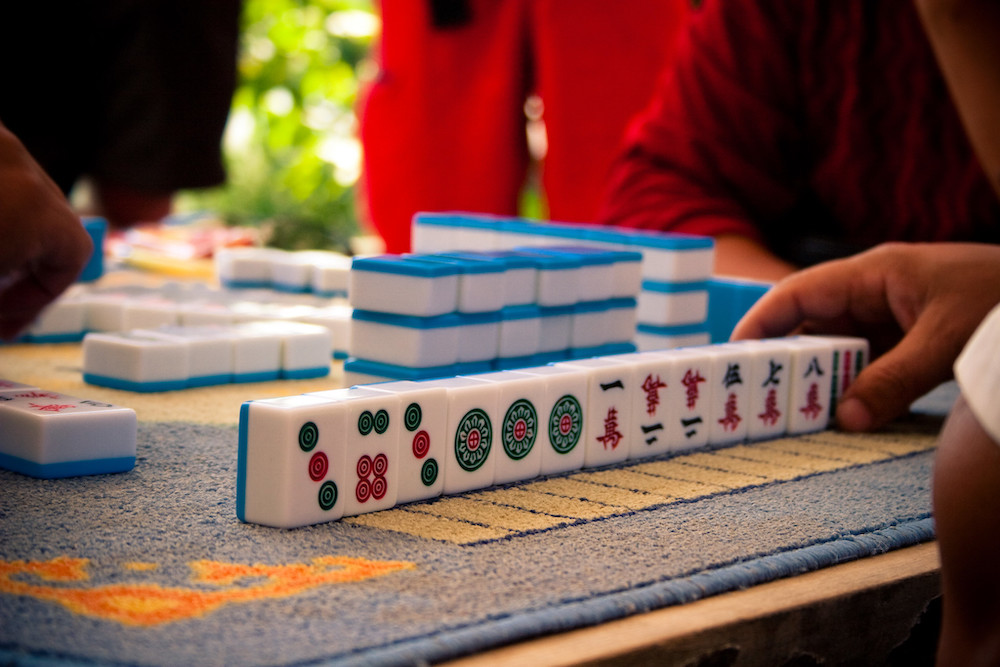
Interestingly, Dr Leong Hoe Nam, an infectious diseases specialist at Mount Elizabeth Novena Hospital, also advises against using forceful words that start with “P” and “B”, as these words tend to spread the virus more effectively. This includes popular words like “pohng” and “banlat”, which are often shouted in a boisterous manner during mahjong or card games.
READ: Revamped Mahjong Designs Offend Many Chinese, Here’s Why.
Going out to join the festivities
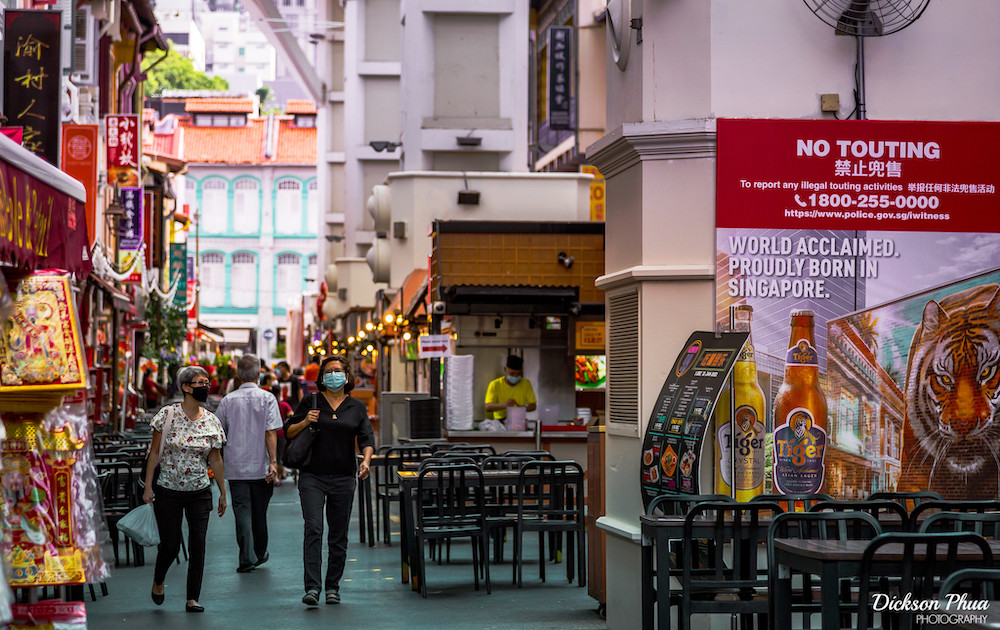
Naturally, part of Chinese New Year also involves going out and joining in the party. Despite it being a rather muted affair this year, there’s no reason why you can’t continue with your usual shopping tradition!
Say goodbye to unlimited food samples at Chinatown; this year, samples are only handed out in limited quantities. Many restaurants have also implemented multiple safe management measures, such as opening up more slots for reunion meals. Adequate one-metre spacing between tables is in place, with the time between meal slots being adjusted accordingly to cater for intensive cleaning processes.
READ: Online Chinese New Year Bazaars Continues Despite Weaker Demand
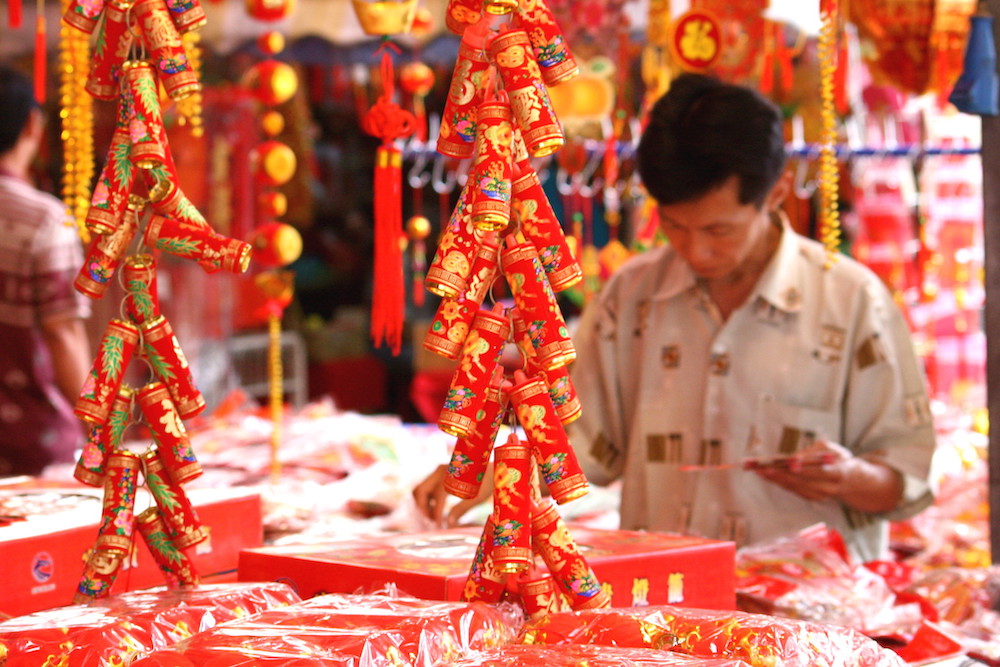
Safe entry check-ins and temperature checks are commonplace, with some retailers even installing a people counter device at their premises to keep track of the number of people. The Chinatown Business Association has also put out a notice for tenants to consider pre-order sales and collection processes, to deter large crowds from forming at their stores.
For those that look forward to the Chinese New Year light-up extravaganza every year, do note that it will not be available from 5–7 February, as well as on 11 February. Instead, a 360-degree virtual view is available on the Chinatown Festivals website.
Chinese New Year is a time for family and feasting. Who’s to say we still can’t enjoy both this year? By taking a few extra precautions, and being mindful of the current situation, we’re sure that everyone will still have a wonderful time. Here’s wishing a very happy Chinese New Year to all!



